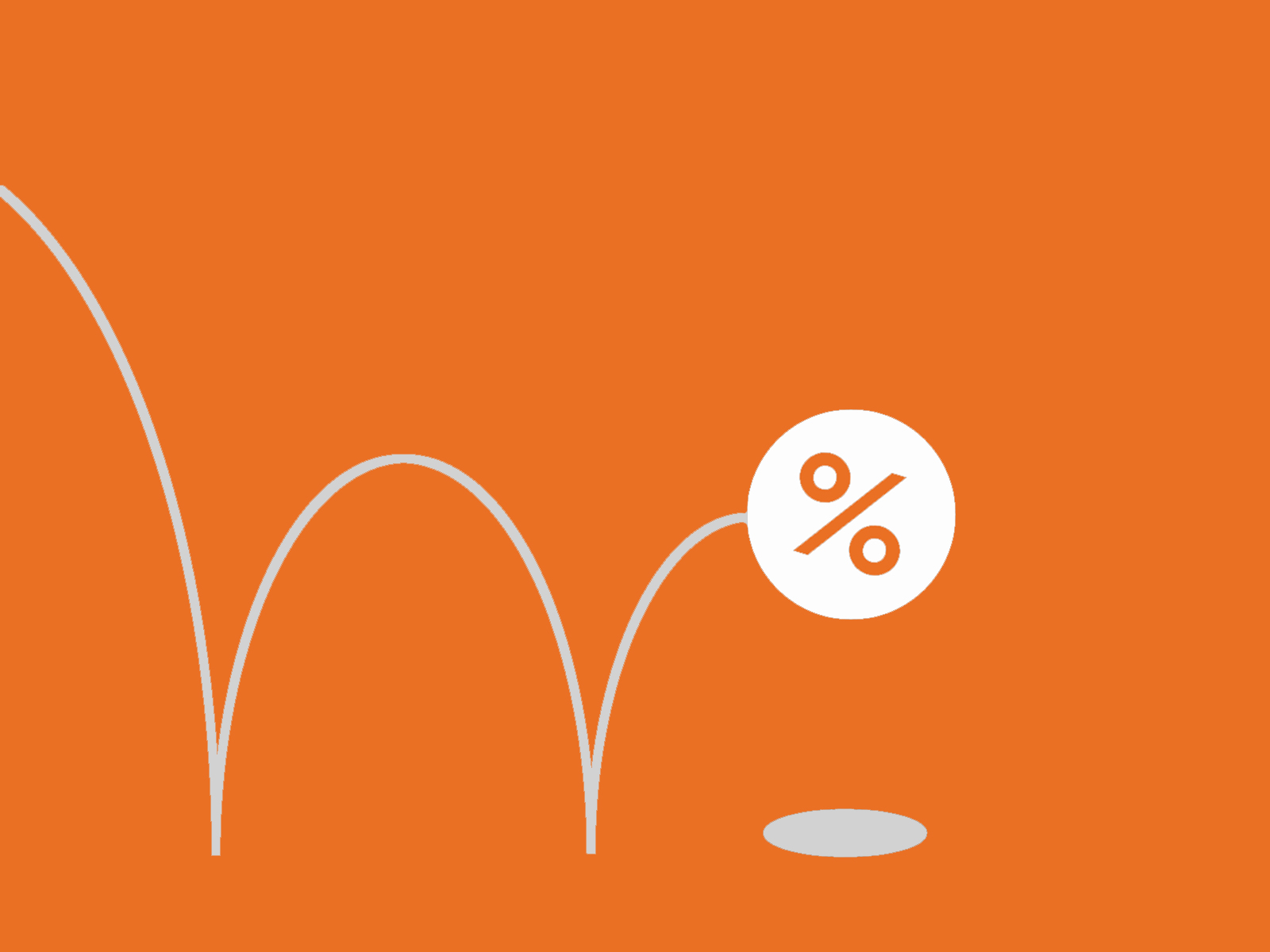Smart uses for a line of credit
A line of credit can be a better option than other products, like credit cards or loans. You don't make payments or pay interest on a line of credit if you don't use it, and often, the interest rates are lower than other credit products.
What are the best uses for a line of credit?
Lines of credit can have higher credit limits than other credit products. It's very important to understand that lines of credit can often be used irresponsibly, and it's easy to fall into the trap of having good intentions of using a line of credit that lead you into further financial problems.
When used effectively, they can help you financially. Here are some effective ways to use a line of credit, along with potential pitfalls.
Transferring balances from higher interest debt
Because interest rates on lines of credit can be lower than credit cards, people who are carrying balances on credit cards may be eager to transfer those balances to a line of credit.
For example, let's say you're carrying a balance of $5,000 on a credit card with an annual interest rate of 20% per year. If you only paid your minimum payment each month and maintained most of that $5,000 balance indefinitely, you'd be paying close to $1,000 in interest every year. If you lowered that interest rate on the $5,000 balance to, say 8%, you'd be paying only close to $400 per year. Using the $600 in saved interest charges could help you tackle your other debt faster and pay more of your balance off.
But if you transfer that $5,000 credit card balance to your line of credit, and then you start using your credit cards again, you might end up with $5,000 on your line of credit and another new $5,000 on your credit card, for a new total of $10,000 in debt.
Even though using a line of credit to pay off higher interest rate credit card balances might lower your interest charges, if you start racking up new debt on your freed up credit cards, you'll be even worse off in no time.
If you're going to use a line of credit to pay off high-interest credit card balances, you'll want to be cautious about your ongoing use of credit cards and maybe even consider reducing the credit limit on your credit card(s) or cancelling them completely.
A line of credit as a safety net
For most people, it's best to have a dedicated savings account that you can use as an emergency fund. But while you're still building that up, having access to a line of credit as a backup can give people some peace of mind. Of course, the same considerations need to be made: by having access to that line of credit, will you be tempted to use it for purposes other than emergencies?
For example, let's say you enjoy cycling. The riding season might just be starting, and you might think, "I could buy a new high-end bike now and enjoy it the entire season. I'll use my line of credit and pay it off soon. It's not as bad as carrying a balance on a credit card." And that's how it starts. Next, maybe you start thinking about future raises at work and how that will help you manage debt loads on your temporary line of credit balances. What started out as a temporary line of credit balance has become permanent.
Home renovation projects
A popular use for a line of credit is for a home renovation project. Different renovations have different returns on your investment. The money spent on a kitchen renovation can sometimes add value to your home dollar for dollar. In other words, spending $20,000 on a good kitchen renovation might improve the value of the home by $20,000 or more, all other things being equal.
Or when you're undertaking a project to increase the enjoyment of your home, using a line of credit could make sense. It would allow for you to get the work done sooner.
As with any spending, it's possible to go overboard. There's always something that could use sprucing up or remodeling, or so we think. We're bombarded with renovation 'before and afters' that tempt us. And not all renovations give you the same return on your investment.
The key is to make sure you are not overextending yourself. And remember, more often than not, saving up for renovations is always better than going into debt for them.

